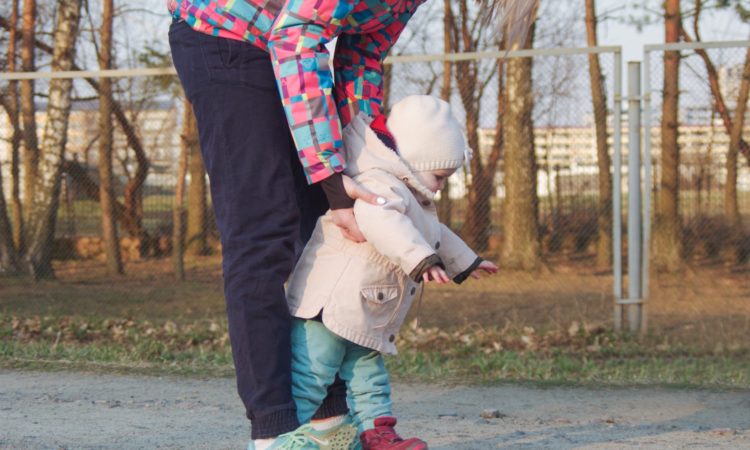
Sole custody of a child can refer to different concepts: sole legal custody, sole physical custody, or both. Parents who have sole physical custody live with their kids full-time, and those who have sole legal custody make all the important decisions about the child alone. Most divorcing couples wind up with joint custody, but there are some circumstances in which sole child custody truly is the best solution. Read on to find out about a few of the most common circumstances under which a judge grants sole child custody.
One Parent Poses a Clear Danger to the Child
In cases where one parent has been abusive, the judge almost always grants sole child custody to the other parent. The whole purpose of determining child custody is to make sure the arrangements will be in the best interests of the child, and obviously, living in an abusive household is not in anyone’s best interest.
Judges will also grant sole child custody if one parent has been neglectful. Examples of child neglect include a failure to provide necessary medical or dental care, lack of supervision, a failure to provide adequate food, clothing, and shelter, or not taking essential precautions to protect the child’s wellbeing.
Substance Abuse
When one parent has a current drug or alcohol abuse problem, the other parent may be granted full custody. The thinking here is that the altered mental state of the drug-using parent will prohibit him or her from providing proper care to the child. If that parent stops abusing drugs or alcohol, he or she may be able to obtain visitation rights or even renegotiate the custody agreement.
Severe Mental Illness
Some forms of mental illness can place children’s safety in jeopardy. If the parent suffers from a mental illness that causes irrational and unpredictable behaviour or makes that person more likely to attempt suicide, the judge will usually assign custody to the other parent.
Child Abandonment
Some parents either can’t or won’t take care of their children, often failing to maintain contact following a separation. When that’s the case, the judge will usually take away his or her custody rights so that the person can’t come back years later to claim custody of the child even though he or she is virtually a stranger.
Incarceration of One Parent
If a child’s parent gets incarcerated, he or she won’t be able to provide care. The other parent can seek sole child custody and, if appropriate, bring the child to visit his or her imprisoned parent once the prison term is finished. It’s usually best not to take children to visit their parents in prison, as it can cause emotional harm, though that’s usually left up to the custodial parent.
The Bottom Line
More often than not, judges assign joint child custody following a separation. However, this solution is not always in the best interests of the child. If any of the situations above apply, it’s best to hire a lawyer and seek sole child custody to protect the rights, safety, and well-being of the child.





